Make It Even Brain Teaser
This blog post contains Amazon affiliate links. As an Amazon Associate, I earn a small commission from qualifying purchases.
Last Friday, I pulled a this make it even brain teaser out for Figure It Out! Friday.
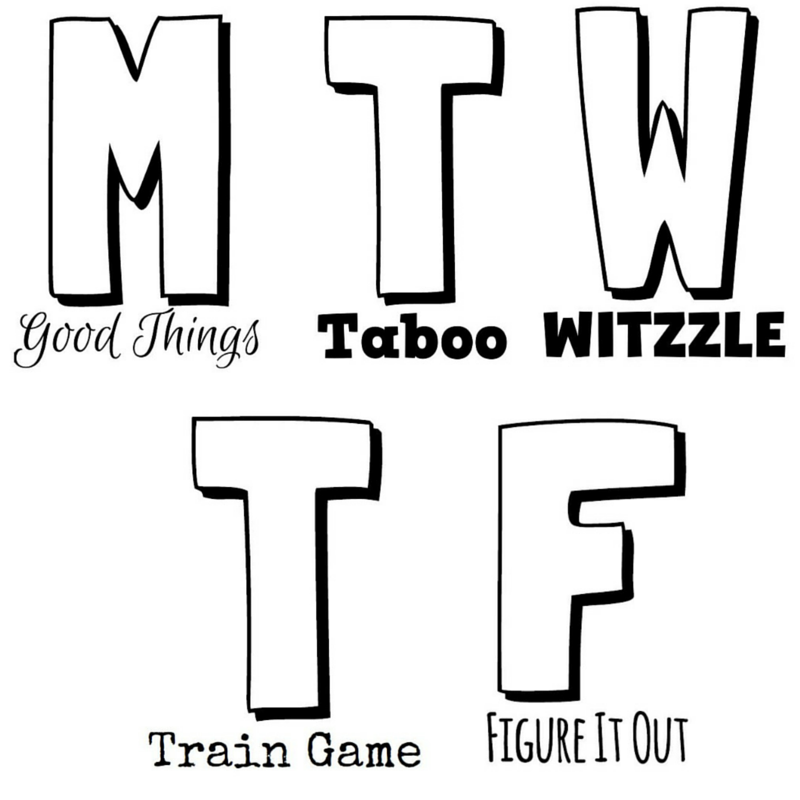
I found a puzzle called “Make It Even” in The Moscow Puzzles: 359 Mathematical Recreations by Boris A. Kordemsky.
The book is published by Dover, so it’s super affordable! I’ve found numerous puzzles I want to try out with my students. This is the second week in a row that our figure it out puzzle has come from this book!
The original puzzle called for 16 objects. I decided to use bingo chips since I have a giant bag.
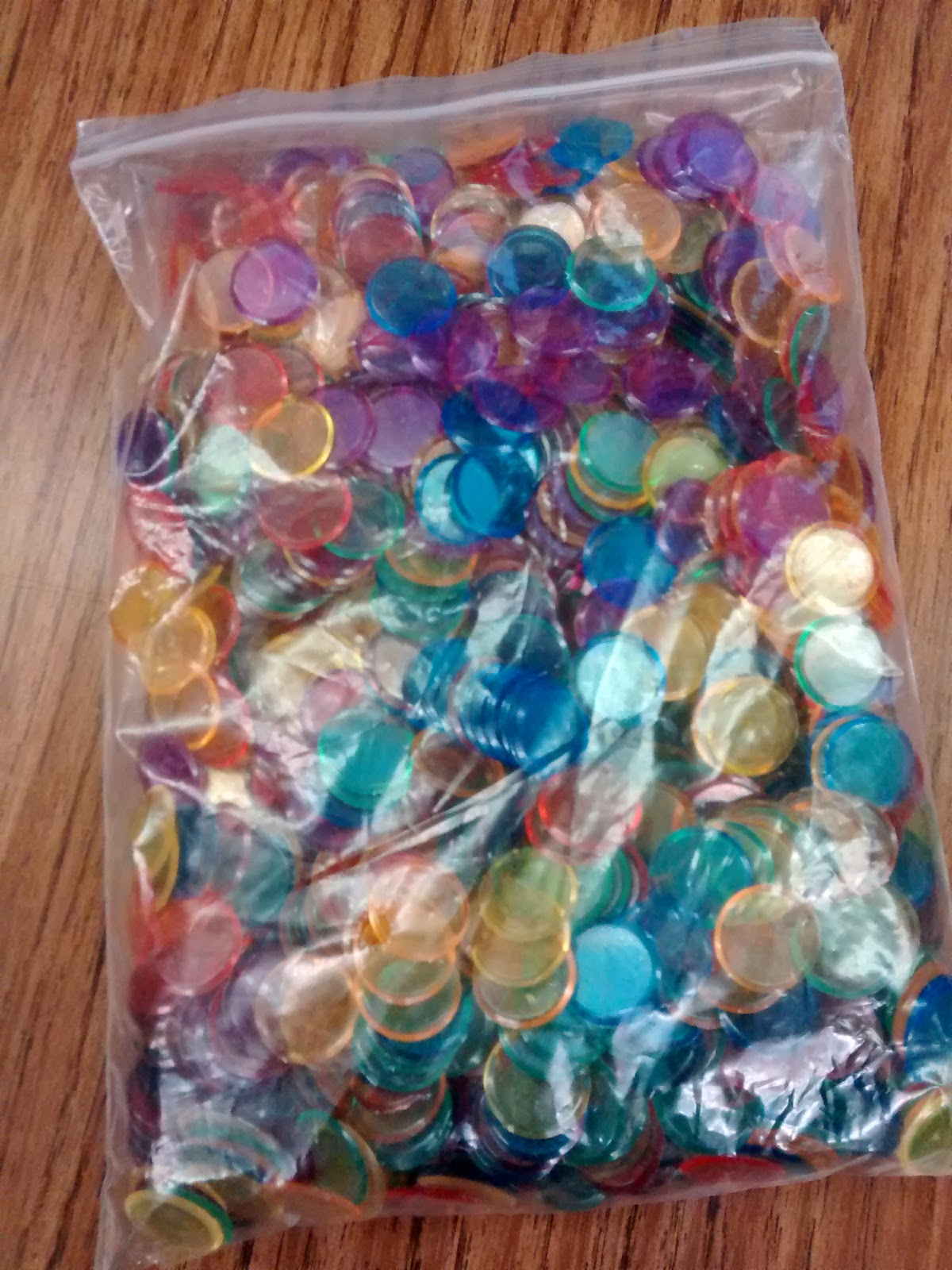
To save time and not have to bag up 16 bingo chips per student, I took a package of 5 plastic bowls I bought at Dollar Tree for $1 and divided the bingo chips into these bowls. The bowls are cheap feeling, but at $0.20/piece they are amazing!
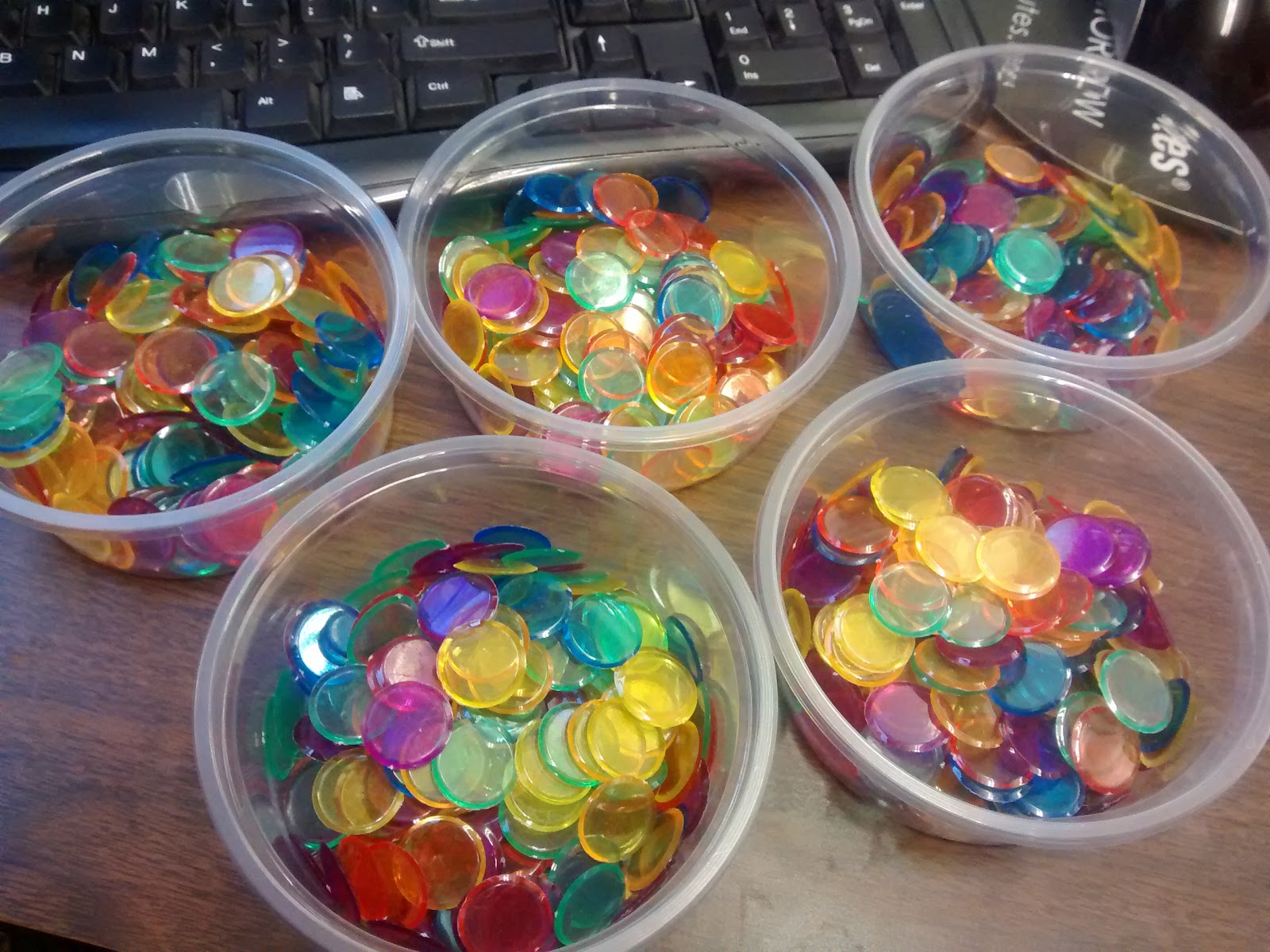
Here they are, stacked and ready to go.
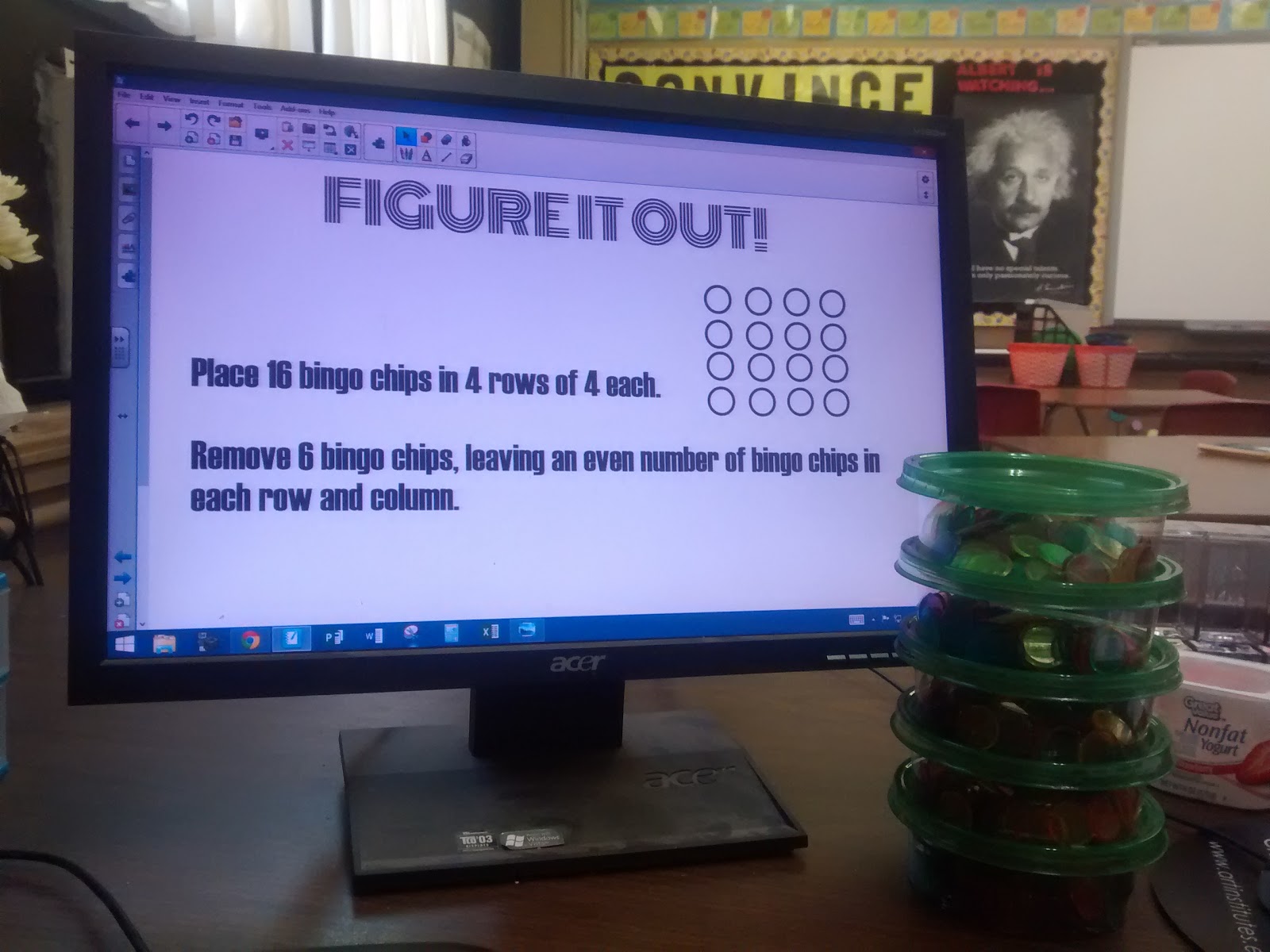
My Algebra 2 students and Stats students were much better at reading the instructions and attempting the puzzle on their own.
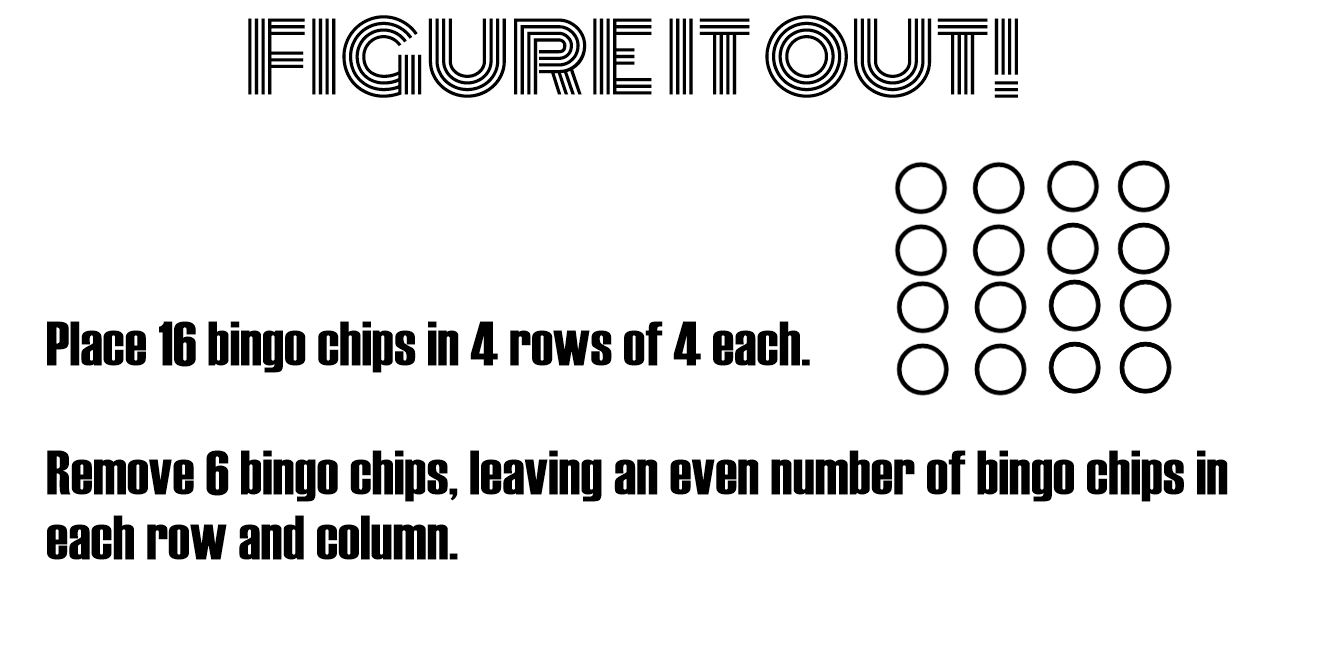
My Algebra 1 students struggled even when I read the instructions to them.
There were a ton of “This is too hard” or “This is impossible” comments. In each class, at least one student figured it out though!
I can’t tell you how many times a student would raise their hand to have me check their solution, and I would walk over to find that they had a column or row with one in it. I think they were just too focused on making the rows even or making the columns even to even look at it the other way.
Part of me now wonders if students would perform differently on this task if it was presented differently. Maybe like this?
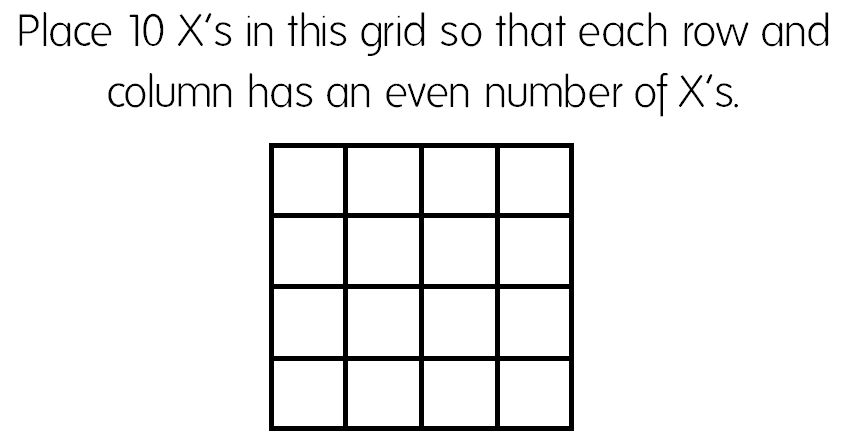
Some of my students tried rearranging the 10 leftover chips into 2 rows of 5. I think this second phrasing of the problem would prevent that. If I did the second version, I’d definitely give it to my kids inside a dry erase pocket.
If you don’t have a classroom set of dry erase pockets, you could also use heavy duty sheet protectors. But, I highly recommend investing in a classroom set of the pockets since they are so much more durable.
MATH = LOVE RECOMMENDS…
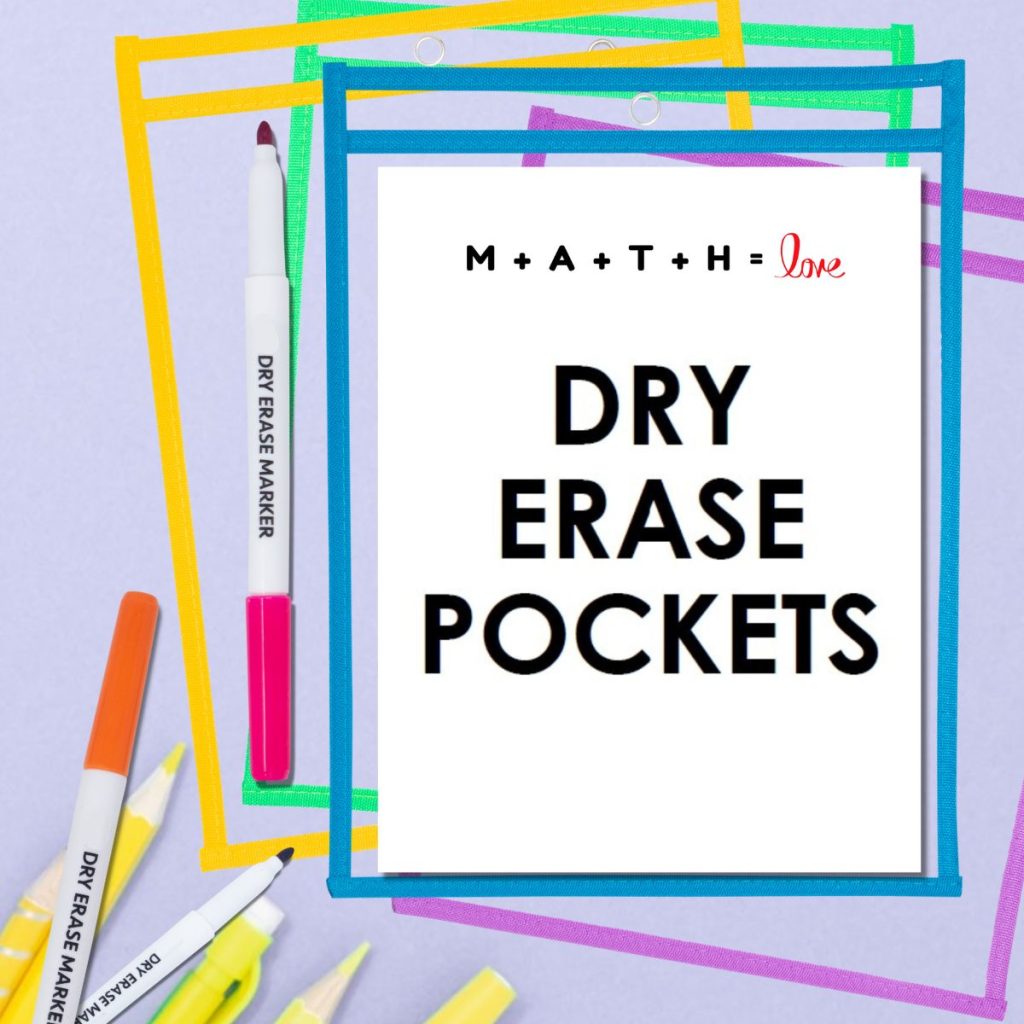
I cannot imagine teaching math without my dry erase pockets! They instantly make any activity more engaging and save me countless hours at the copy machine since I can use the same class sets of copies year after year.
Here are my current go-to recommendations:
Or, maybe combine the two methods and give students the grid and only 10 bingo chips?
Digital Version
Google Slides
Cathy has created a Google Slides version of Make It Even as well. You can find Cathy’s Google Slides version here.
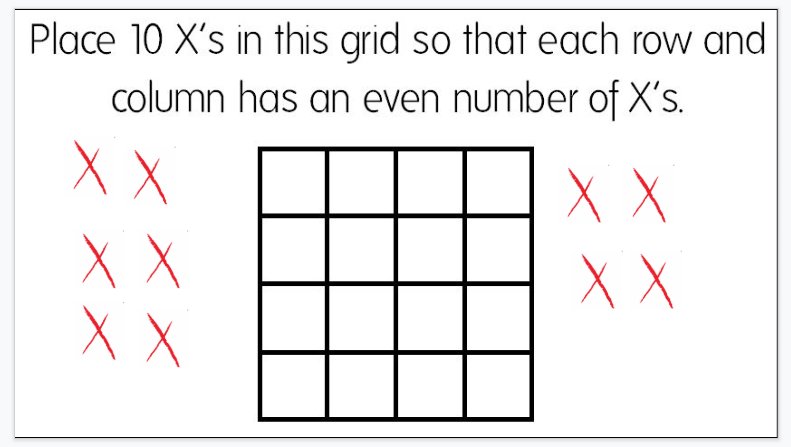
Puzzle Solutions
I intentionally do not make answers to the printable puzzles and math activities I share on my blog available online because I strive to provide learning experiences for my students that are non-google-able. I would like other teachers to be able to use these puzzles in their classrooms as well without the solutions being easily found on the Internet.
However, I do recognize that us teachers are busy people and sometimes need to quickly reference an answer key to see if a student has solved a puzzle correctly or to see if they have interpreted the instructions properly.
If you are a teacher who is using these puzzles in your classroom, please send me an email at sarah@mathequalslove.net with information about what you teach and where you teach. I will be happy to forward an answer key to you.
Not a teacher? Go ahead and send me an email as well. Just let me know what you are using the puzzles for. I am continually in awe of how many people are using these puzzles with scouting groups, with senior adults battling dementia, as fun activities in their workplace, or as a birthday party escape room.

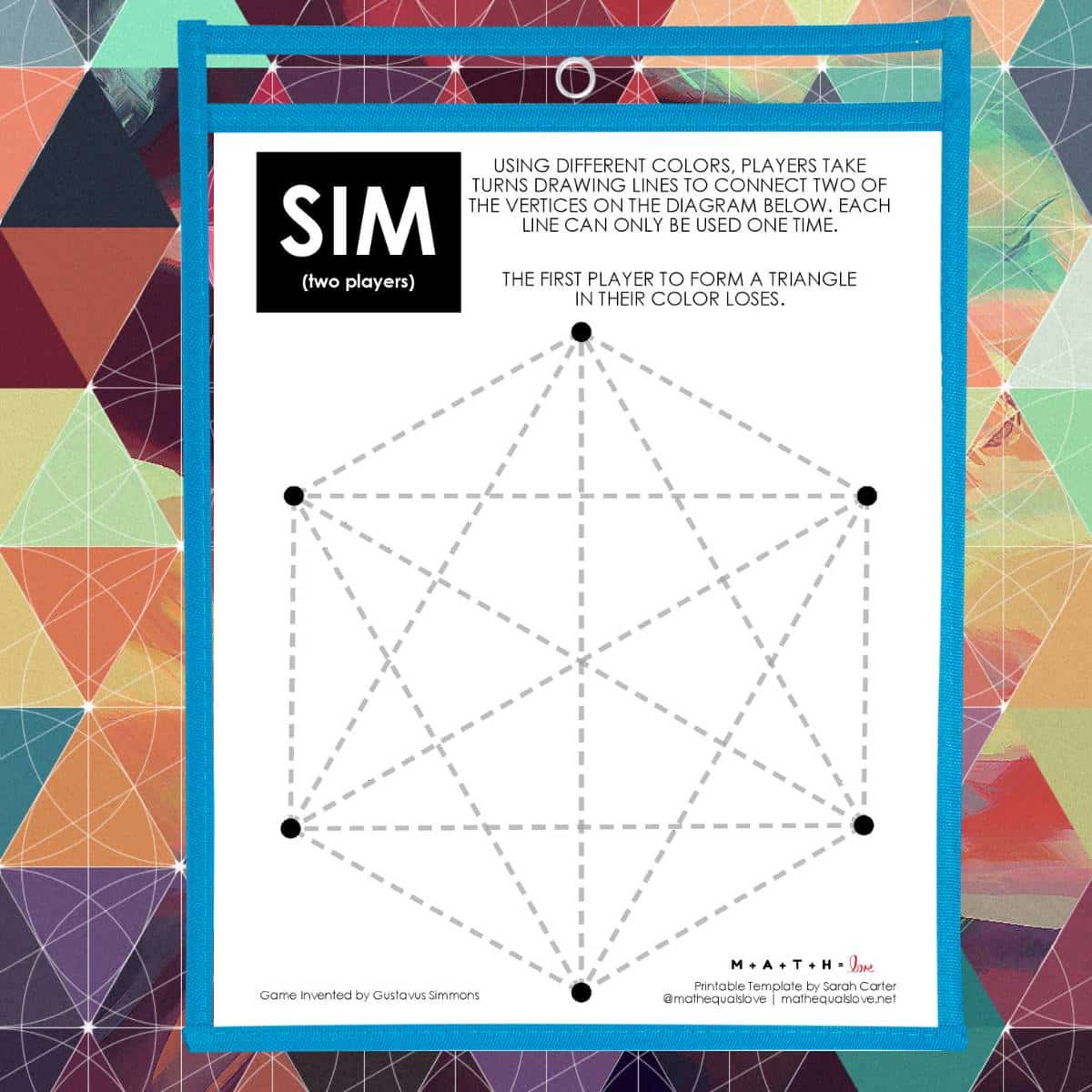
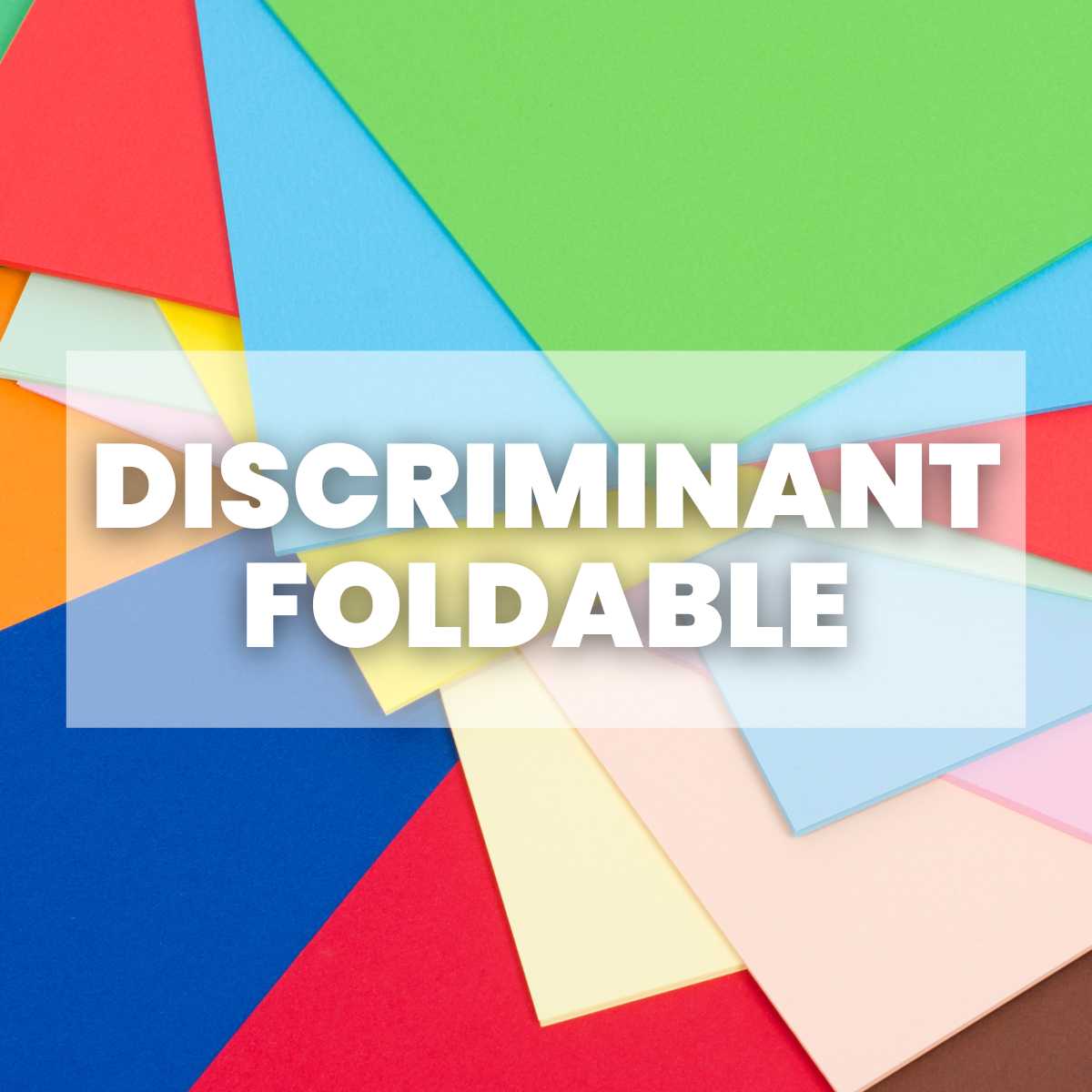
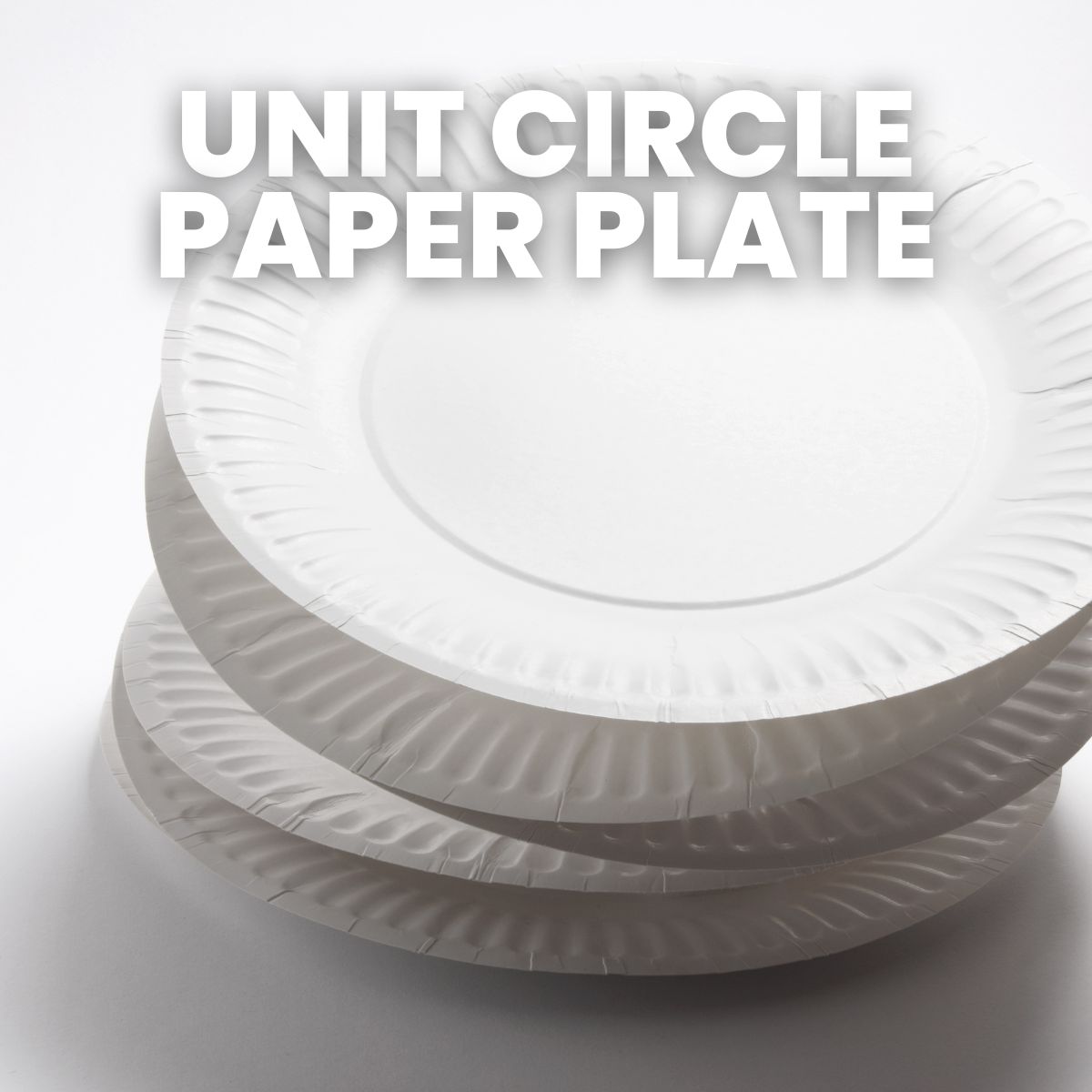
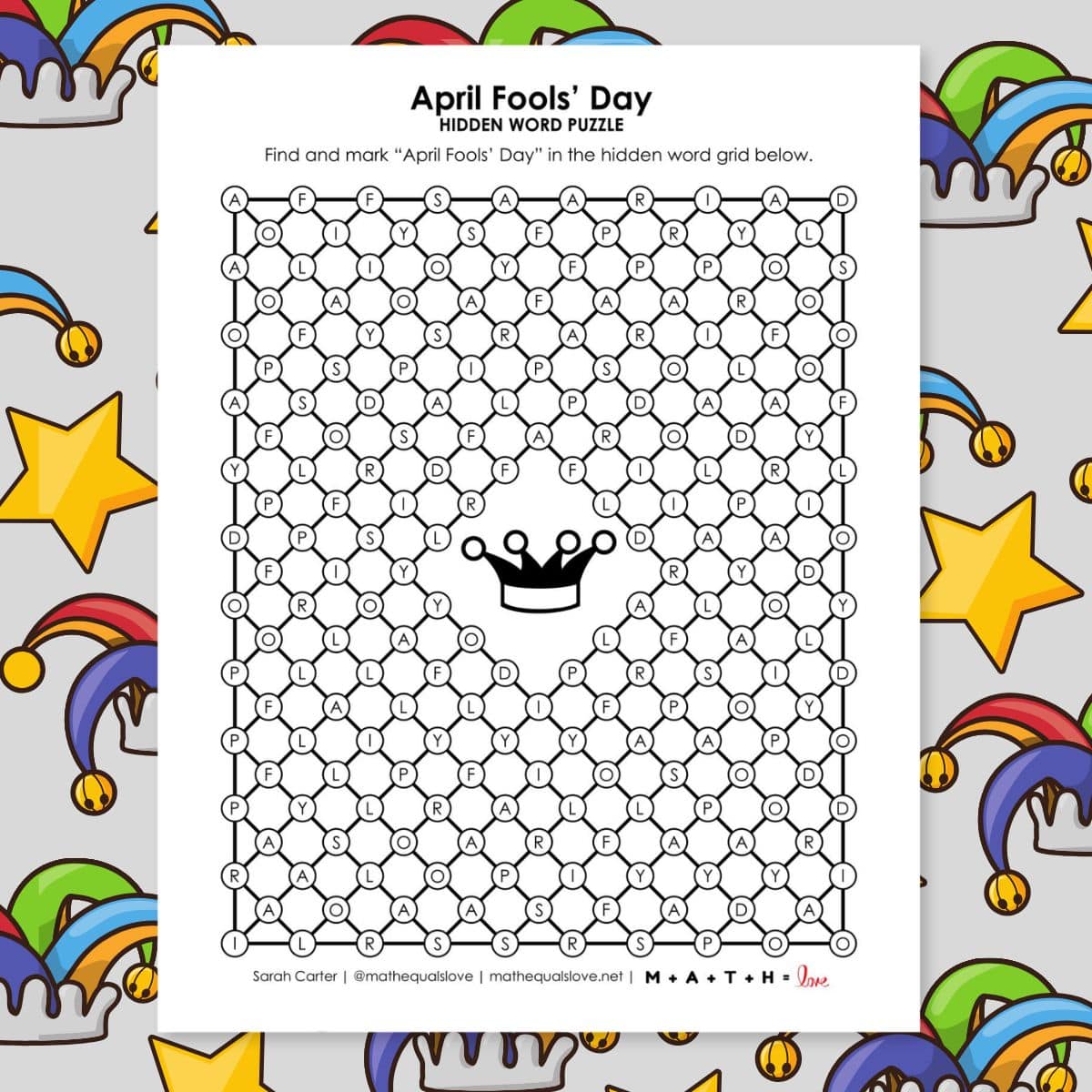

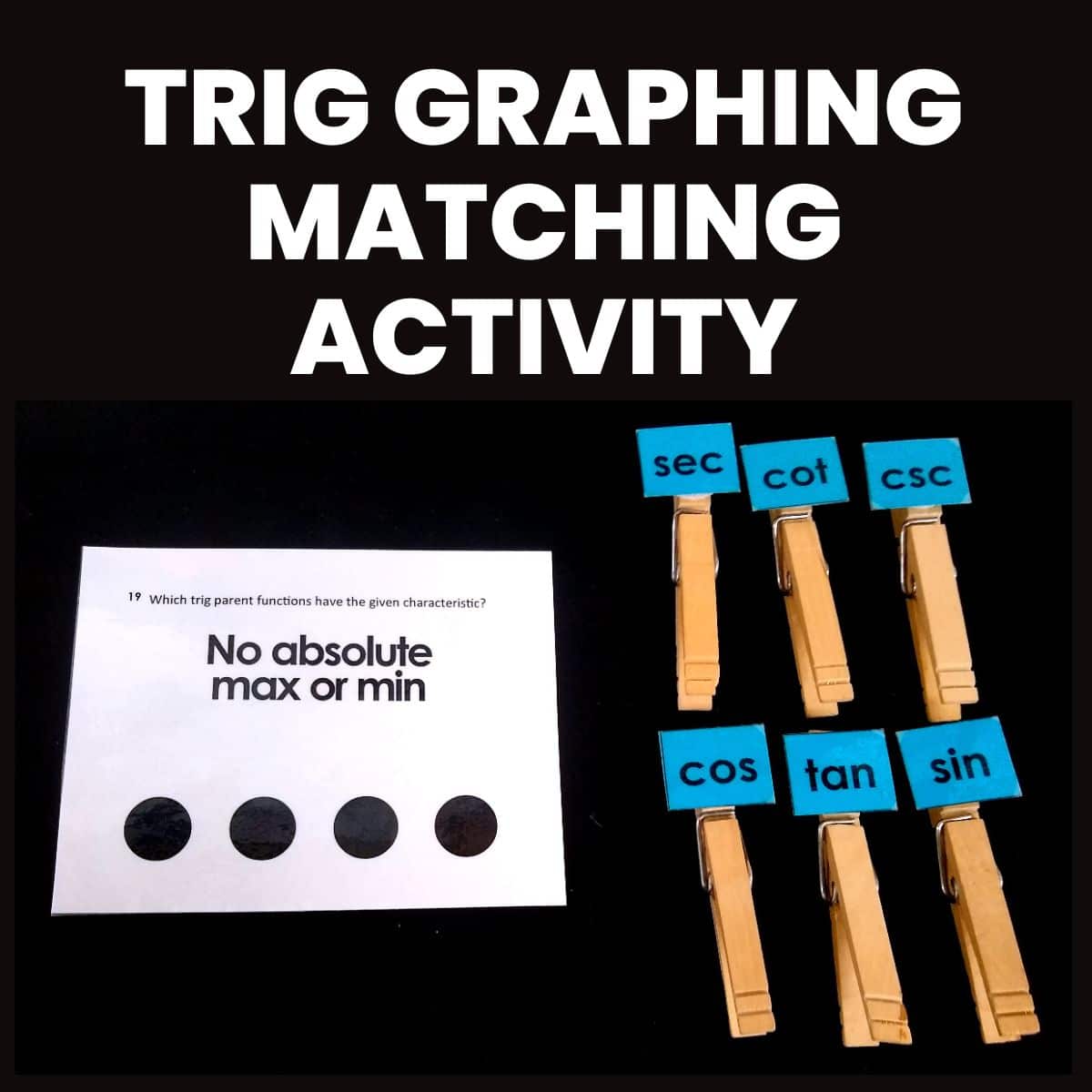
This looks like a great resource!
I've used several ideas out of it!
I was just thinking to myself…what should I do for the Friday warmup? And I have that book 🙂 I kind of like the idea of giving some groups chips & other groups the board in dry erase sleeves and then discussing which strategy was more effective or which one they liked more.
If you try it, you'll have to let us know how it goes!
Hey Sarah: I tried this activity with my Grade 6 math students who are withdrawn for math from their regular program as an introduction to arrays. First of all, they loved it. And second of all, they were thrilled when they figured it out! It required some grit and perseverance, but the smiles on their faces when they were successful was the highlight of my year so far. Thanks for sharing.
YAY 😀
I can't figure it out! Can you stack the chips?
Nope. No stacking 🙂 I promise it's possible.
Just to clarify. Is it even as in the same.. or even as in not odd?
Yes it is possible (y)
It is! 🙂
Starting with the first column, remove the 2nd and 4th chips. In the second column, remove the 1st and 4th chips. Finally, in the last column, remove the 1st and 2nd chips. =)
THANK YOU!
I've played this with second graders, some of whom have found a solution on their own, some with a pointed hint: "Make one row with four and one column with four. Now figure out where the other three go." They're delighted when they get it.
I've found that checking the rows and then turning the board 90° helps the kids see where their rows or columns are odd instead of even. Some kids see rows more easily; some see columns.
There are lots of solutions, not even counting the rotations.